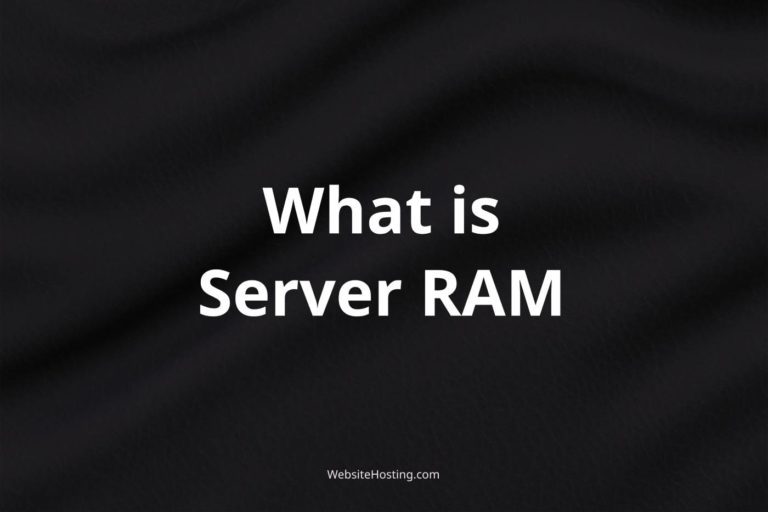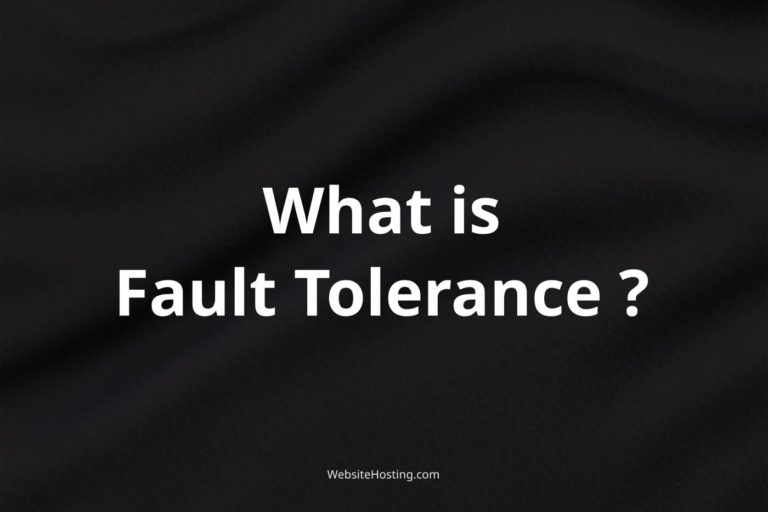A domain name is a unique address that identifies a website on the internet. It’s essentially the website’s “name” that users type into their browser’s address bar to access the site. In this article, we’ll dive into what a domain name is, how it works, and why it’s important for web hosting.
A domain name is made up of two parts: the actual name (such as “google”) and the top-level domain (such as “.com”). When a user types in a domain name, their computer contacts a domain name system (DNS) server that translates the name into an IP address, which is used to locate the website’s server and retrieve its content.
Domain names are important for web hosting because they provide an easy-to-remember and recognizable way for users to access a website. They also allow website owners to brand their site with a unique and memorable name, and can even have an impact on search engine optimization (SEO) and website traffic.
30+ Fascinating Facts About Domain Names That You Probably Didn’t Know
Introduction: Domain names are an essential part of the internet, serving as the address for websites and email services. While most people are familiar with the basics of domain names, such as the fact that they can be purchased and used for websites and email, there are many lesser-known facts that are worth exploring. In this article, we’ve compiled a list of 50 fascinating facts about domain names that you probably didn’t know. From the history of domain name registration to the most expensive domain names ever sold, this list is sure to surprise and enlighten even the most seasoned internet users.
- Domain names were first created in 1985.
- The first domain ever registered was Symbolics.com.
- The longest domain name in history is www.llanfairpwllgwyngyllgogerychwyrndrobwllllantysiliogogogochuchaf.eu.
- Domain names are not case sensitive.
- Domain names can include letters, numbers, and hyphens.
- Domain names can be up to 63 characters long.
- The most expensive domain name ever sold was Voice.com for $30 million in 2019.
- The first domain name to be sold was Altavista.com for $3,350 in 1998.
- Google.com was originally registered as BackRub.com.
- The .com extension is the most popular top-level domain (TLD) with over 150 million registered domains.
- The .net extension was originally intended for network infrastructure but is now used for a variety of purposes.
- The .org extension was originally intended for non-profit organizations but is now used by a wide range of groups and individuals.
- The .gov extension is reserved for government agencies in the United States.
- The .edu extension is reserved for educational institutions in the United States.
- The .mil extension is reserved for military organizations in the United States.
- The .io extension is becoming increasingly popular for technology startups.
- Domain names can be purchased for as little as $0.99 per year.
- Some domain names have been known to sell for millions of dollars.
- Domain names can be registered for up to 10 years at a time.
- Domain names can be transferred from one registrar to another.
- The process of registering a domain name is known as domain name registration.
- The organization responsible for managing domain name registration is ICANN.
- Domain names can be used to create custom email addresses.
- Domain names can be used for both websites and email services.
- Domain names can be used to create subdomains, which are additional parts of a main domain.
- Domain names can be parked, which means they are not currently being used for a website or email service.
- Domain names can be set up to automatically redirect to another website or URL.
- The Whois database contains information about domain name registrants.
- The Whois database is publicly accessible.
- The Whois database is used for domain name ownership verification.
- Some domain registrars offer private registration, which allows registrants to keep their contact information private.
- Domain names can be subject to expiration if they are not renewed by their expiration date.
- Expired domain names can be auctioned off to the highest bidder.
- Some domain names are reserved and cannot be registered by the general public.
- Domain names can be used for SEO purposes.
- Keyword-rich domain names can improve search engine rankings.
- Some domain names have been known to receive high amounts of traffic due to their popularity.
- Domain names can be used for branding purposes.
- Brandable domain names can be used to create a unique and memorable brand identity.
- Some companies own hundreds or even thousands of domain names.
Related terms:
DNS
TLD (top-level domain)
ICANN (Internet Corporation for Assigned Names and Numbers)
WHOIS
Domain registrar
Domain extension
Subdomain
Domain transfer
Domain parking
Domain privacy
Notable brands:
GoDaddy
Namecheap
Bluehost
HostGator
Domain.com
Common questions:
What is a domain registrar?
A domain registrar is a company that manages the registration and administration of domain names. They provide tools to search for and purchase available domain names and handle the technical aspects of linking the domain to a website.
Can I change my domain name after I’ve registered it?
Technically, you can change your domain name, but it’s not recommended. Changing your domain name can have negative impacts on SEO, website traffic, and brand recognition. It’s better to choose a domain name carefully before registering it.
What is a domain extension?
A domain extension is part of a domain name that comes after the last dot (such as “.com”, “.net”, or “.org”). Different extensions have different meanings and uses, and some are restricted to specific types of organizations or geographic locations.
Can I have multiple domain names for one website?
Yes, you can have multiple domain names that all point to the same website. This can be useful for branding, marketing, and SEO purposes.
How do I choose a good domain name?
A good domain name should be short, memorable, and easy to spell. It should also be relevant to the content and purpose of your website, and not infringe on any existing trademarks or copyrights.




